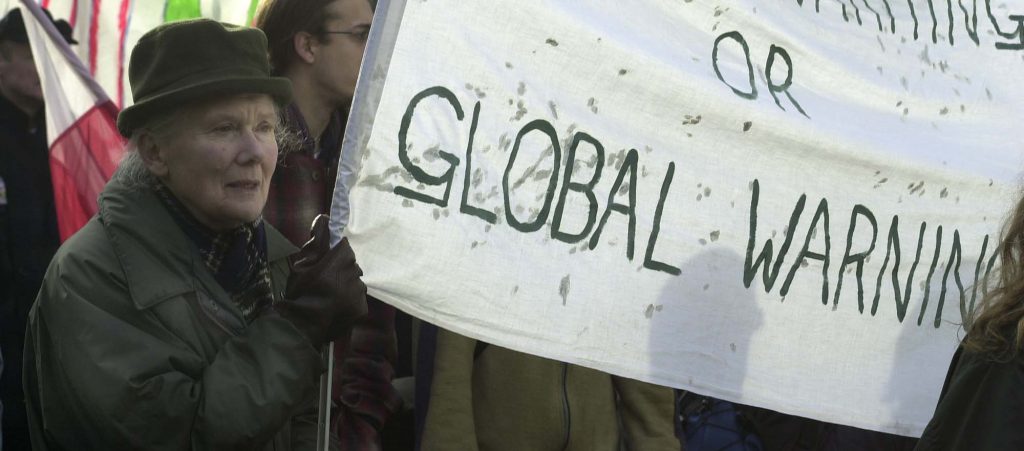On 12-17 November a synthesis report by the Intergovernmental Panel on Climate Change (IPCC) will be adopted and approved by governments in Valencia, Spain.
Friends of the Earth International climate campaigner Joseph Zacune said:
“The IPCC has proven beyond a shadow of a doubt that we are facing an emergency situation and that tackling climate change is critical if we are to safeguard the survival of humanity. People in developing countries will be hit the hardest. However, we must ensure that these dire warnings translate into urgent action and that the policies to tackle them are sufficiently robust. The UN talks in Bali this December must begin to outline a post-2012 Kyoto agreement that establishes targets and timetables for radical emissions reductions particularly for industrialised nations. We need adaptation programs that will provide relief for the vulnerable communities and build resilience to climate change impacts.“
“It’s time for climate justice. Wealthy nations which have benefited economically by polluting the most must finance developing countries’ adaptation and mitigation costs. We need genuine solutions including, large scale investment in energy efficiency in buildings and transport, clean renewable energy such as solar and wind, lifestyle changes and the conservation of our world’s forests. These measures must be urgently carried out without resorting to false solutions such as agrofuels and risky technology such as nuclear power.”
The IPCC findings provide a mandate to halt environmentally destructive practices often promoted in the name of development as such practice will increase the vulnerability of communities in the global South to the impacts of climate change. Friends of the Earth believes that UN climate change negotiations must expand its influence over global economic and development policies to ensure that actions to mitigate and adapt to climate change under the UNFCCC are not undermined.
A range of mitigation and adaptation efforts are required, including changes in lifestyle and unsustainable consumption patterns mainly in the rich, developed countries that have accumulated an ecological debt to poor communities in the global South. Historical per capita emissions and capacity to act have been neglected during negotiations. Therefore, for a post-2012 regime to be fair and equitable, there must be agreement on the burden-sharing principles between the North and South to avoid a climate catastrophe.
Tackling climate change will not be successful by selecting certain technologies whilst carrying on a business-as-usual approach to fossil fuel extraction and high-carbon lifestyles. Sustainable clean renewable energy technologies are proven, can reduce emissions and remove dependency from fossil fuels.
Governments need to promote measures that allow us to achieve sustainable societies by, for example, supporting community control over energy resources, the phasing out of fossil fuel subsidies and shifting investment to clean energy. The promotion of biofuels – more accurately known as agrofuels – is causing massive environmental and social damage from Colombia and Brazil to Indonesia and Malaysia. Forests are being cut down and indigenous people driven off their land to make way for corporate-run plantations that expropriate land and water resources. Agrofuels are being perversely promoted as a solution to climate change while the draining of peat lands and cutting down of tropical forests for their cultivation is releasing huge amounts of carbon dioxide into the atmosphere.
***
Notes to editor
This synthesis report has taken six years to compile, draws on research over 2,500 scientific experts from over 130 countries and should shock the world into taking urgent action to reduce global emissions.
This synthesis report includes the core findings of the three volumes published this year. The first part, which focused on science, was published on 2 February 2007 in Paris. The second part, published on 6 April 2007 in Brussels, focused on impacts and showed that the world’s poorest people will be hit hardest by the effects of climate change. The third, published in Bangkok, 4 May 2007 focused on technologies to mitigate climate change. On 12-17 2007 November these synthesised reports will be adopted and approved by governments.






